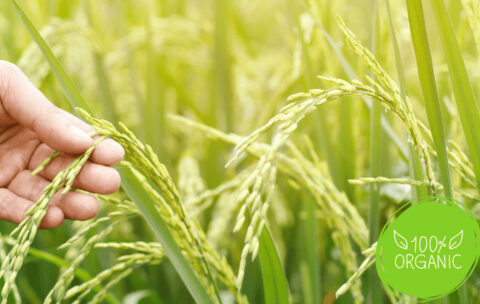Plant Nursery Marketing and Business Management Strategies
The course “Plant Nursery Marketing and Business Management Strategies” provides …
What you'll learn
Plant Nursery Management: Techniques and Practices
The course “Plant Nursery Management: Techniques and Practices” provides a …
What you'll learn
Plant Nursery Design and Layout: Creating Efficient Growing Spaces
The course “Plant Nursery Design and Layout: Creating Efficient Growing …
What you'll learn
Organic Farming Principles and Practices
The course “Organic Farming Principles and Practices” provides a comprehensive …
What you'll learn
Organic Crop Production and Management
The course “Organic Crop Production and Management” offers a comprehensive …
What you'll learn
Mastering Vermicomposting: Sustainable Organic Waste Management
Introduction to Vermicomposting: Participants will gain an understanding of the …
What you'll learn
Introduction to Aquaculture: Principles and Practices
The course “Introduction to Aquaculture: Principles and Practices” provides a …
What you'll learn
Financial Analysis and Risk Management in Agribusiness
The course “Financial Analysis and Risk Management in Agribusiness” provides …









